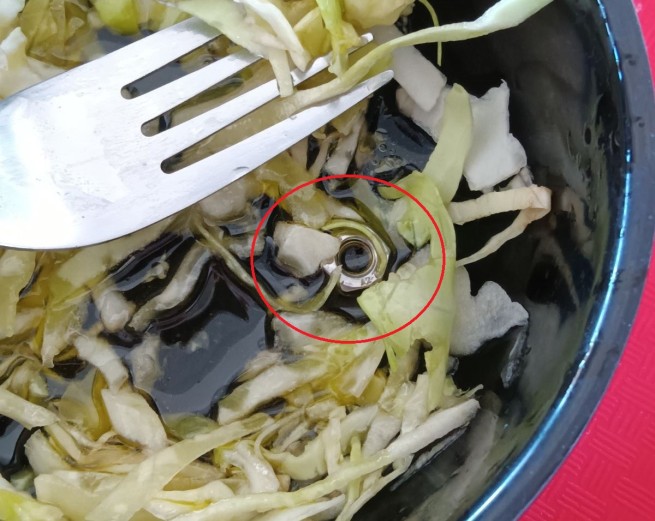For the first time in the world, American scientists have successfully transplanted two genetically modified kidneys taken from a pig into a brain-dead patient.
Xenografts, as tissues or organs of animals transplanted to humans are called, offer great opportunities for saving people. Many of them have been waiting for donor organs for years, sometimes, unfortunately, they die without waiting.
Doctors from the University of Alabama School of Medicine, led by Professor Jamie Locke, published a report on the operation in the American Journal of Transplantation. They say ten genes have been added to pig kidneys to modify them for the human body. The transplanted organs were not immediately removed, they stayed in the body for 77 hours and successfully produced urine. Dr Locke says:
“A revolutionary moment in the history of medicine that represents a paradigm shift and is a milestone in the field of xenotransplantation. It is the best solution to the organ shortage crisis. The new study provides additional insights that could not be found with animal models and brings us closer to a future in which organ supply meets fearful demand.”
The recipient was 57-year-old Jim Parsons, who had been a potential organ donor during his lifetime, but his organs were not suitable for donation. His family gave permission to leave him brain-dead in a mechanical support to perform a trial pig kidney transplant after removing his own organs, according to APE-MPE.
The life expectancy of pigs is approximately 30 years. Their organs are similar (in size) to human ones, so they can be used in transplants. But more research is needed before the xenograft can be used to address the current organ shortage.
Millions of people suffer from severe kidney failure and need transplants. Hemodialysis is only a temporary solution. But the waiting list can be from 5 to 10 years. Only 35% of dialysis patients have an 8-year survival rate. Kidney transplantation works well in 95% of cases, thus treating end-stage renal disease. newsbeast.gr.






More Stories
A Russian died in the cabin of an Aeroflot Airbus A330
In an unequal fight with a cockroach, a Japanese… blew up his own house
A man with a grenade entered the Iranian consulate in Paris